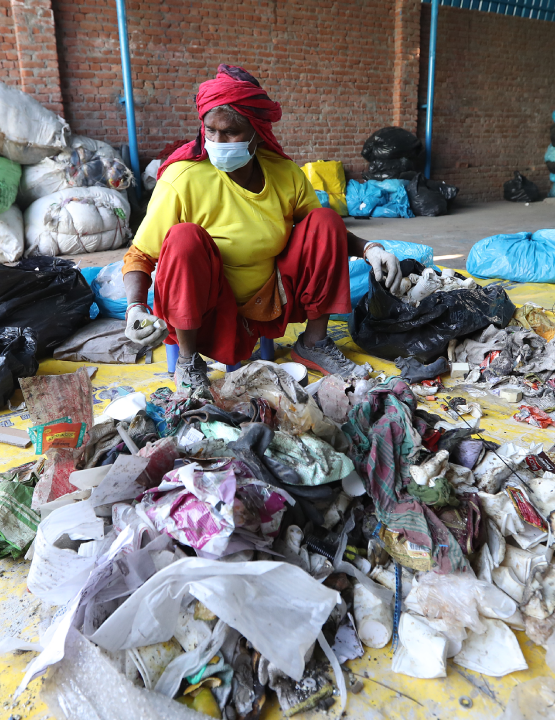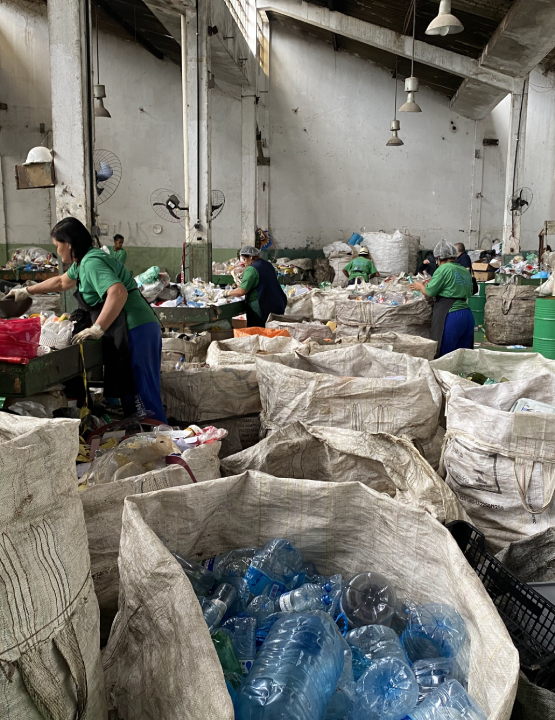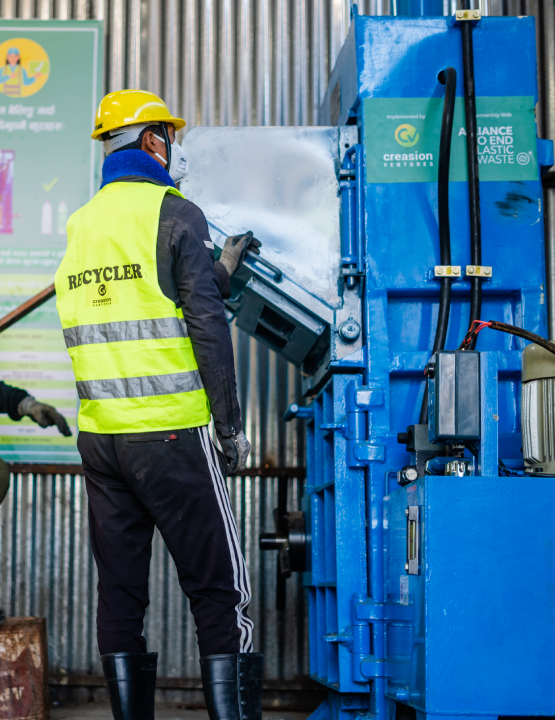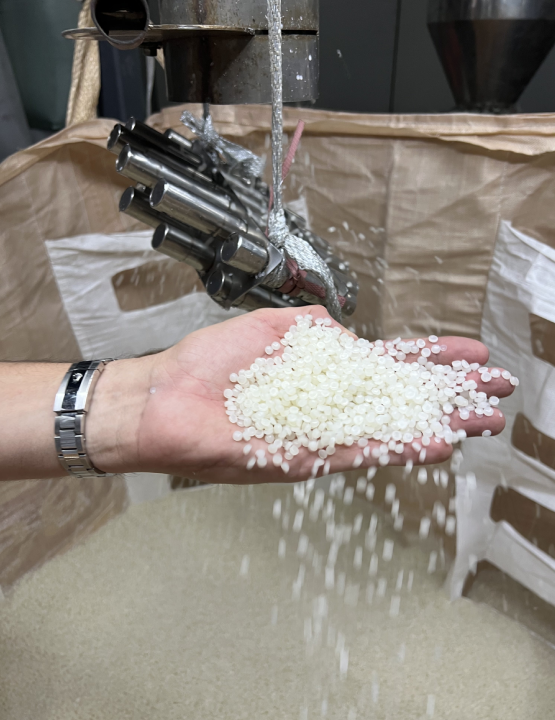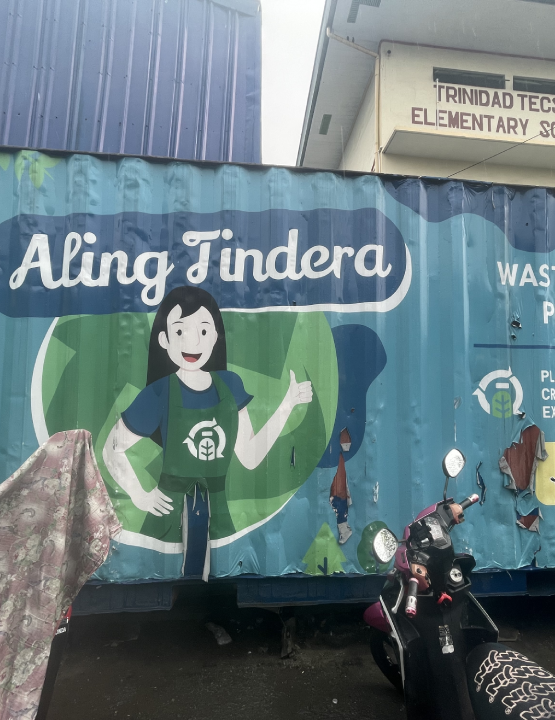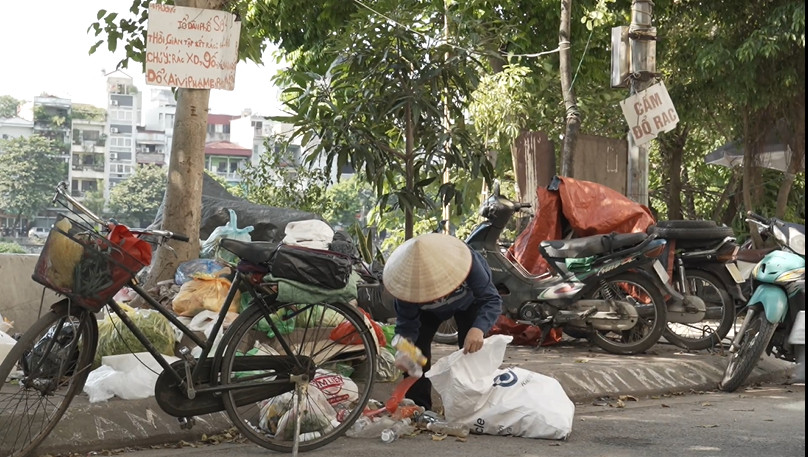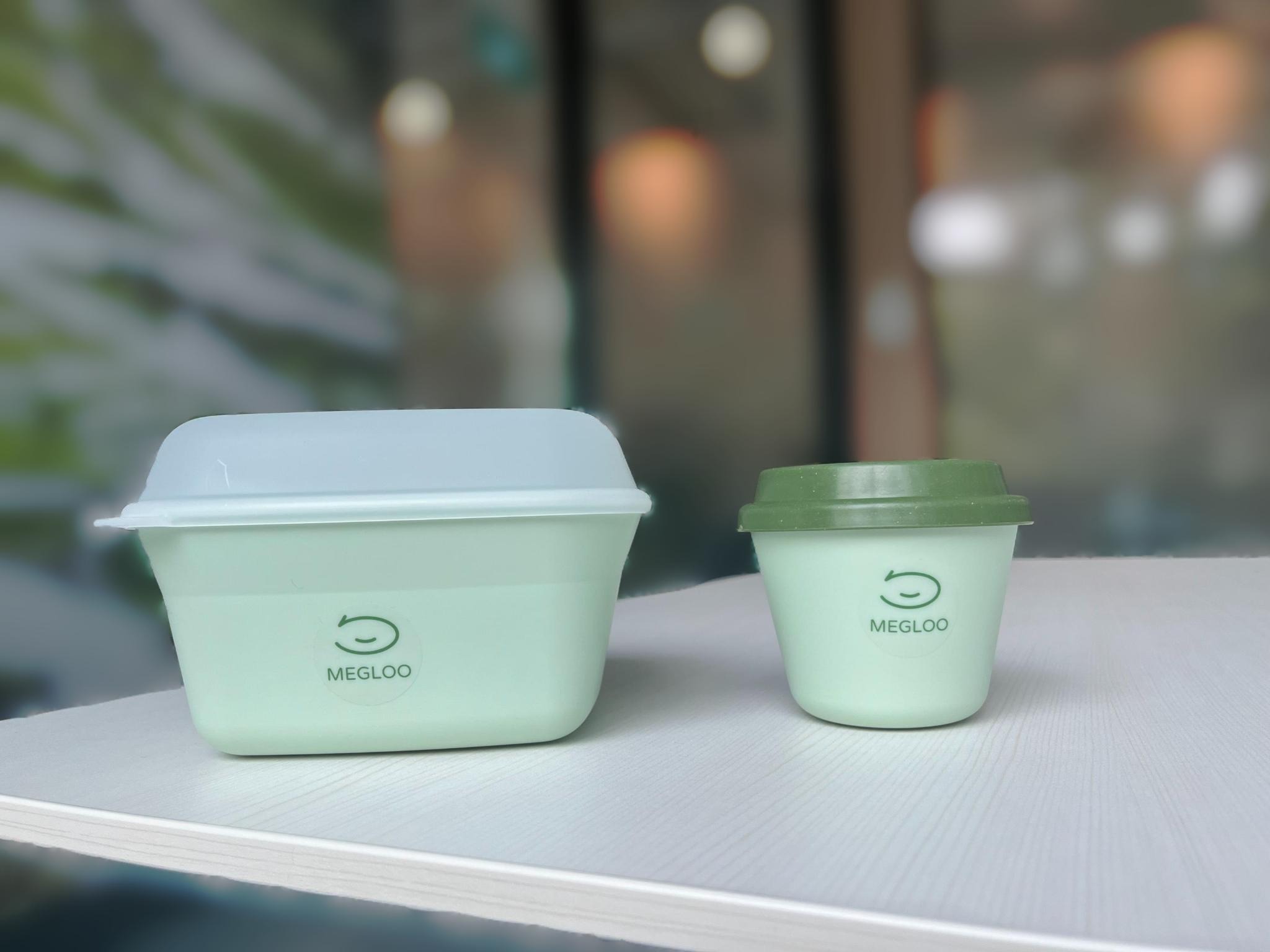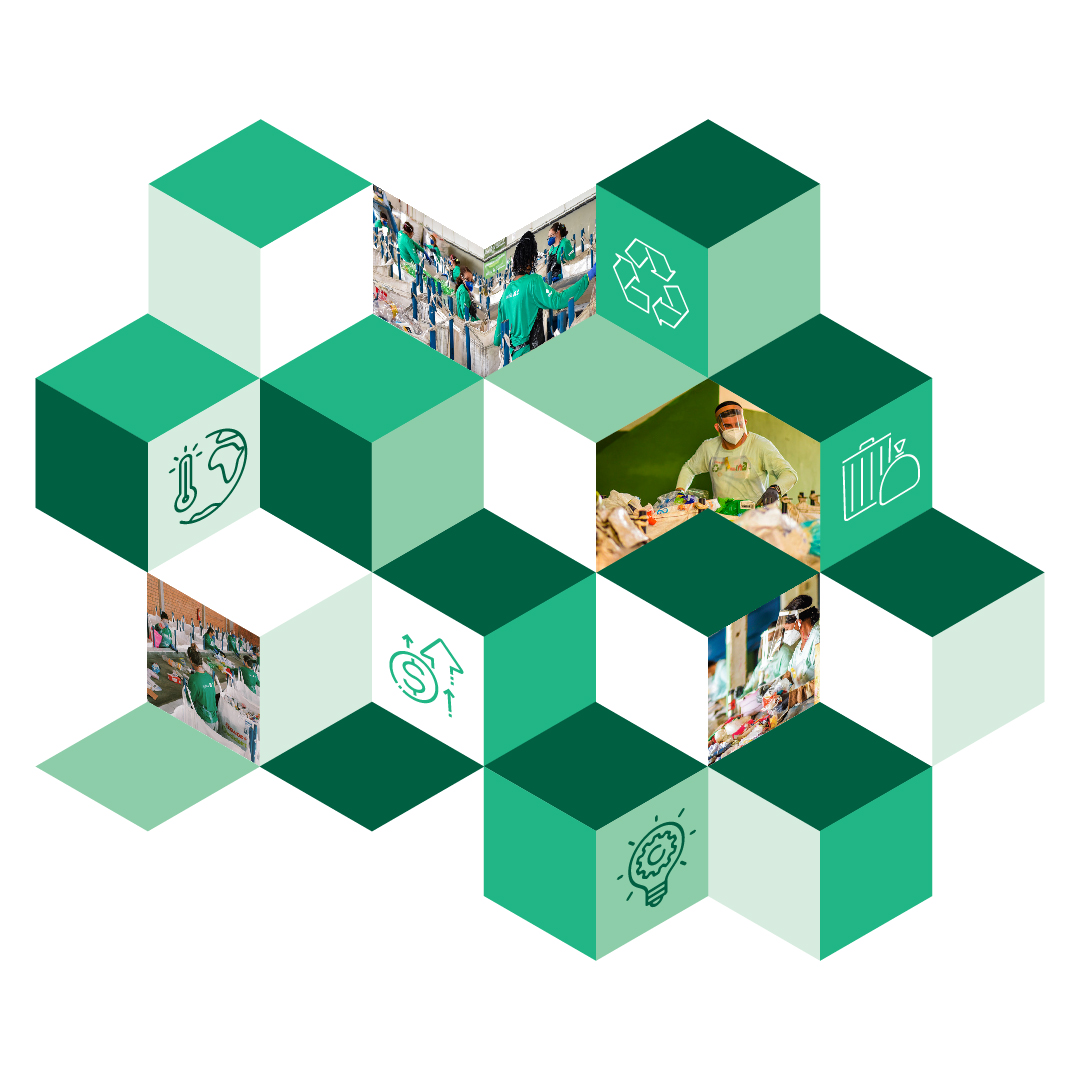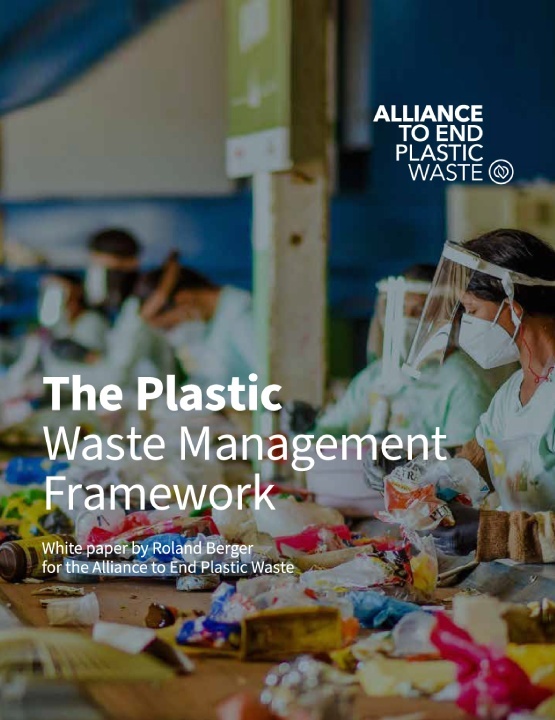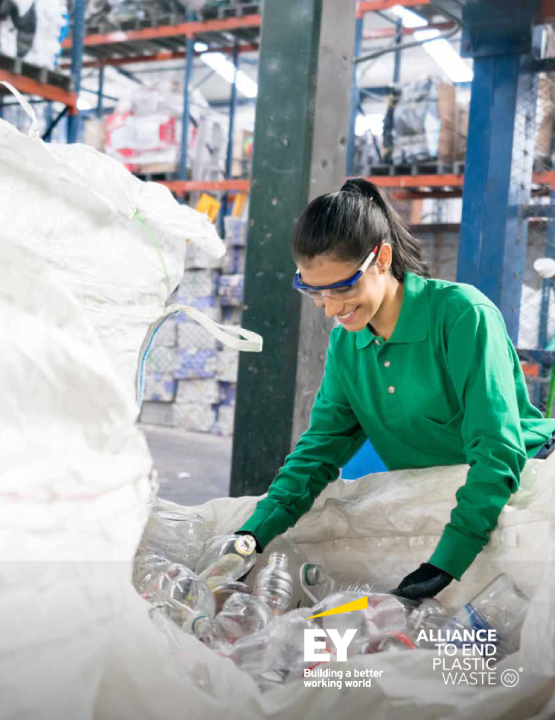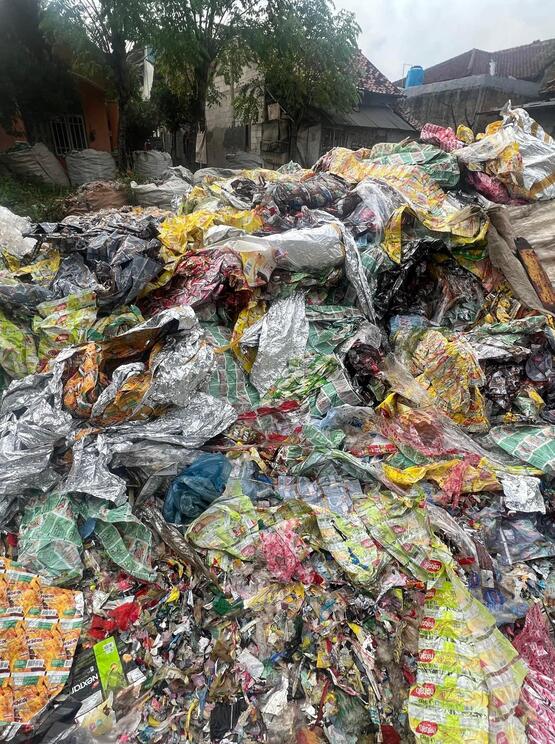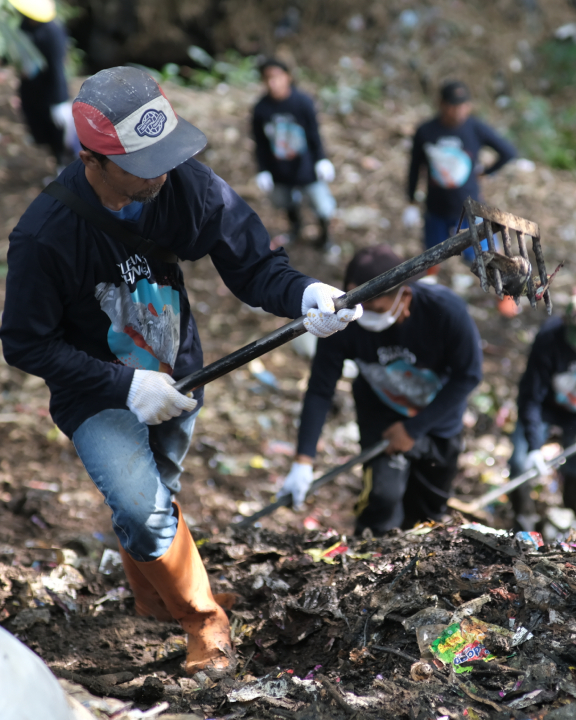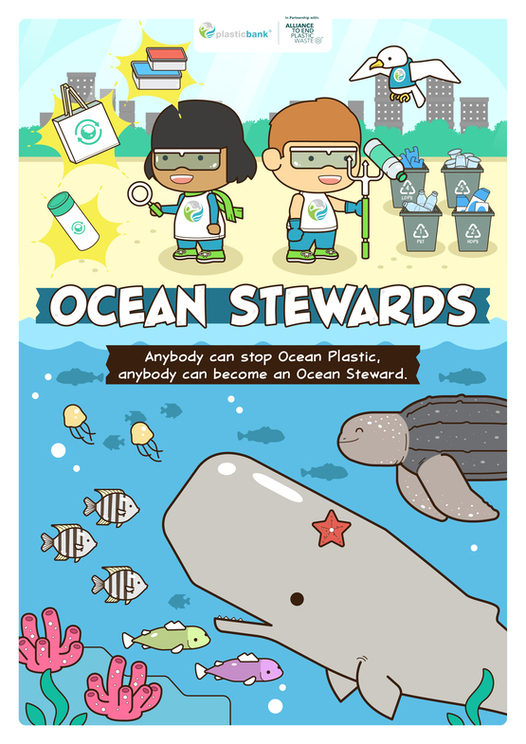In Japan, the End Plastic Waste Innovation Platform is fostering next-generation waste management solutions. From piloting reuse models, to uncovering new recycling systems for flexible plastics. Megloo Re-use by Kaman, and POOL Recycling System by RECOTECH have become our first two projects in Japan after emerging as two of 11 winners from the startup incubation programme.
Tokyo, Japan
Megloo Re-use and POOL Recycling System
Japan ranks among the largest producers of plastic waste in the world, and the nation’s culture of innovation is helping it solve this problem. Through our incubation programme with Plug and Play, the End Plastic Waste Innovation Platform, two of 11 winning initiatives have become part of the Alliance’s portfolio of solutions: Megloo Re-use and POOL Recycling System.
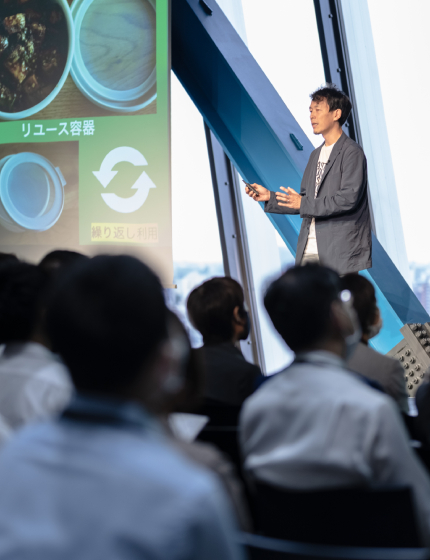
Shingo Yoshizumi, CEO of KAMAN, pitches the Megloo Re-use project, one of the 11 winners of the Plug and Play Japan programme.
Shingo Yoshizumi, CEO of KAMAN, pitches the Megloo Re-use project, one of the 11 winners of the Plug and Play Japan programme.
Overview
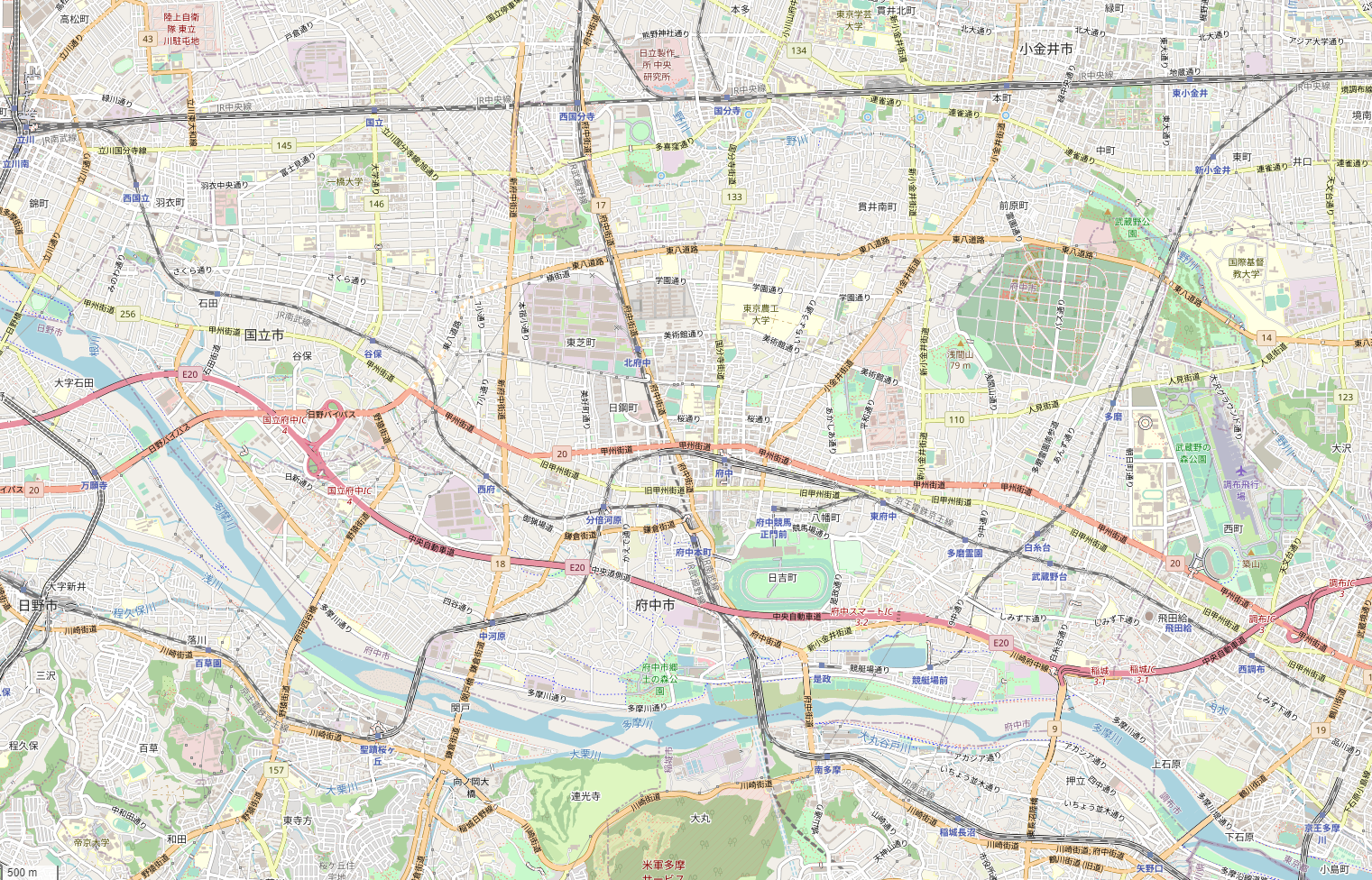
Location
Tokyo, Japan
Partner
Kaman and Recotech
Achieved
> 3,100 instances of lunchbox usage, 88 participating restaurants and food trucks, 9 participating cities, towns, and stadiums
Tapping Japan's Innovative Streak To Solve For Circularity
Megloo Re-use Japan
It is lunchtime in Tokyo’s trendy Shibuya district, and rush hour for its popular restaurants. But after the delicious contents of bento boxes make their way to bellies, the next stop is not the bin. Instead, these reusables are lightly rinsed and placed into distinctive green and white Megloo boxes, ready to be collected, washed, and used for another meal.
This reuse model, started in the city of Kamakura, just south of Tokyo, to tackle single-use plastic waste, has now been piloted in Shibuya and Yokohama, and at various large events, with funding and support of the Alliance.
It begins with making a call to request for takeaway meals served in Megloo containers. Food is prepared and packed into reusable plastic containers made of lightweight polypropylene, ready for payment and collection – all while keeping customers informed on LINE, a widely-used instant messaging app in Japan. The app keeps track of the number of containers borrowed from respective restaurants providing important usage and container location data. Consumers who have eaten their fill return their Megloo containers at restaurants or deposit points, where the containers are collected, cleaned, and lined up for the next shift.
This process is repeated for 100 times for each container. Between November 2022 to May 2023, Megloo’s containers have been used more than 3,100 times.
Now, Megloo’s creator, Kaman, hopes to extend this to high-traffic food service and event venues, offices, and food delivery services. Some 88 restaurants and food trucks across 9 cities, towns, and stadiums have adopted the reuse model. As the local appetite for reusable meal boxes continues to grow, Kaman plans to avoid the use of an estimated 50 tonnes of virgin plastics by 2025, with a corresponding reduction in CO2 emissions.
Japan’s obsession with over-packaging everything from sandwiches to single apples means that it ranks among the largest producers of plastic waste in the world, even if strict rules on separation and disposal keep waste off the streets.
Fortunately, Japan’s culture of innovation is helping it solve this problem. Megloo was one of two initiatives that became part of the Alliance’s portfolio of solutions through our incubation programme with Plug and Play, the End Plastic Waste Innovation Platform. Megloo was one of 11 winners that made it through the Japan edition of the programme in 2022.
POOL Recycling System Japan
The other winner selected from the Japan edition of the End Plastic Waste Innovation Platform in 2022 was start-up RECOTECH. The company is turning plastic waste destined for incineration into pools of valuable resources through its POOL Recycling System. The system collects flexible plastic waste and turns it into recycled resins, which can be used for a variety of plastic applications. The system keeps plastic waste completely traceable through an app, making it visible and centrally manageable from the time it is discarded until it is recycled into POOL resins.
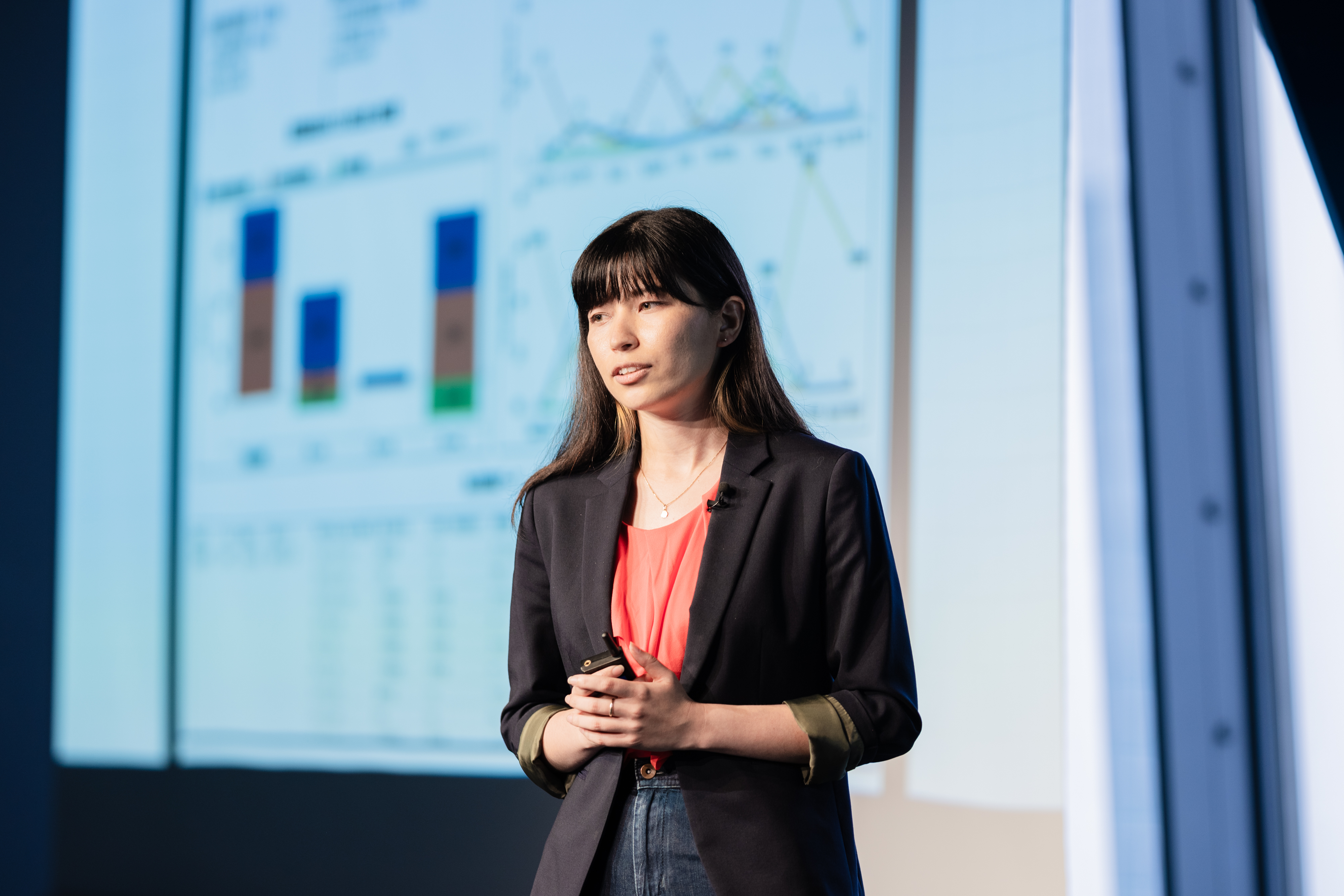
Since its November 2022 launch, RECOTECH has connected with retailers in the Tokyo metropolitan area to collect flexible plastic waste from their stores, and targets collection from more branches across the country – including Kanto, Kansai, Nagoya, Fukuoka, and Sapporo, among others. RECOTECH hopes to collect and recycle up to 14,000 tonnes of flexible plastic waste per year by 2026.
Kaman and RECOTECH are the Alliance’s first two project partners in Japan, where we continue to look for novel solutions that can be developed and scaled.
